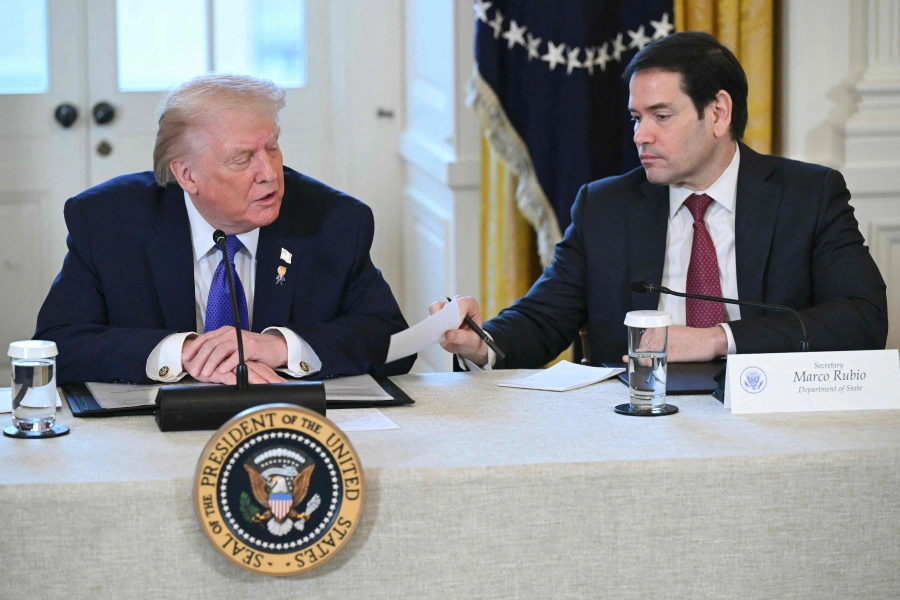The Khmer Rouge tribunals found the two most senior Khmer Rouge leaders guilty of genocide, 40 years after the fall of Pol Pot’s communist regime. This was a closely-watched tribunal in Cambodia and beyond. The message was clear: those committing war crimes must face the consequences.
Twelve years since the Maoist insurgency ended in Nepal, the victims await justice. The Truth and Reconciliation Commission (TRC) and the Commission of Investigation of Enforced Disappeared Persons (CIEDP) have collected thousands of complaints from the victims across the country. With the exception of preliminary investigations, nothing has been done to investigate the complaints. In a rather swift manner, the ruling party and others have reached an understanding to set up a political entity to oversee the conflict-era cases. We fail to see how this political body will ensure justice to the victims, as TRC and CIEDP prepare to fold their works soon.
Victims urge transitional justice mechanism backed by political...

International communities, including the United Nations, had strong objections to some of the provisions of TRC and CIEDP mandates. There were concerns of mass amnesty, including the ones who committed grave human rights violations during the conflict. The new proposed political body won’t be able to ensure justice to victims. When the parties are bent on dissolving the two commissions formed to deal with the conflict-era cases, it is difficult to envision a political entity having the courage to investigate and punish the perpetrators.
Conflict victims and human rights activists have announced their opposition to replace the existing transitional bodies by a political entity. They say such entity will only benefit the ruling class and not the victims. When the state agencies fail to properly investigate a rape and murder case, it is difficult to see a political body carrying the mantle of TRC and CIEDP. As a member of the UN Human Rights Council, Nepal must uphold the charter of the Universal Declaration of Human Rights when it comes to investigating the insurgency-era cases.
While it might be politically expedient for the ruling class to ‘resolve’ the issue and move forward, the victims have waited long enough for justice. All the cases registered with the two commissions need thorough investigations and a proper closure. A quick political solution is bound to invite further conflict. Let us learn from Cambodia, Rwanda and South Africa. Victims deserve justice and any attempts to override such desire will fail to bring peace and stability in the country.





































